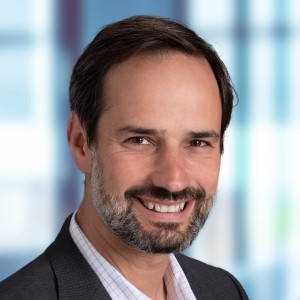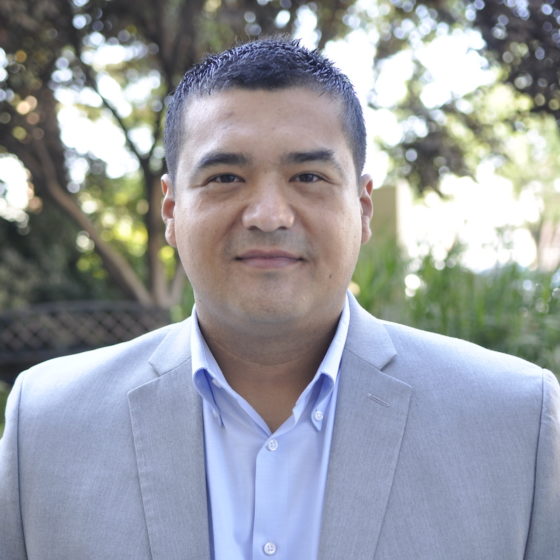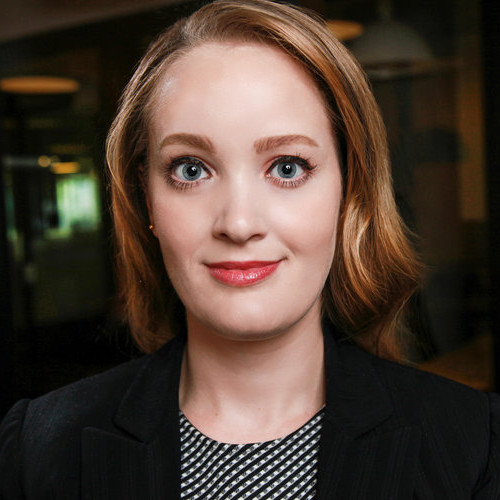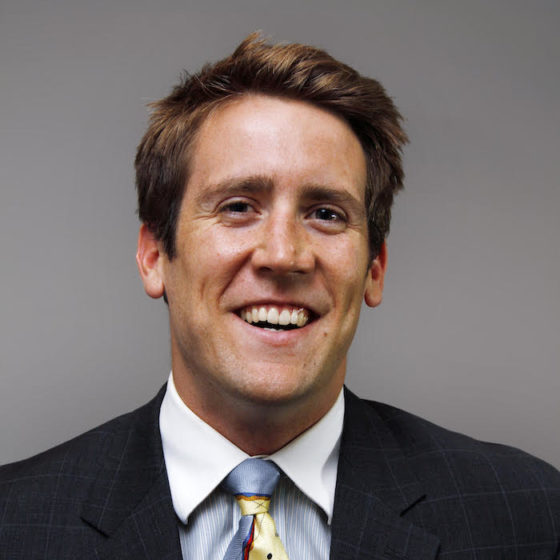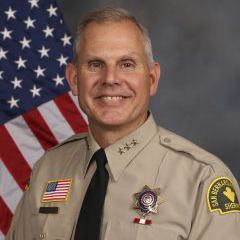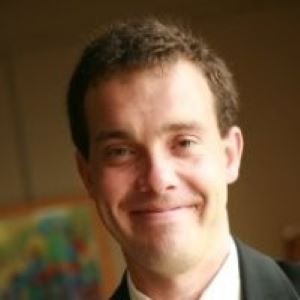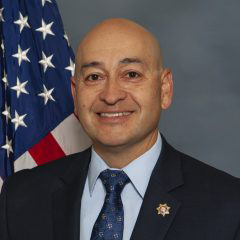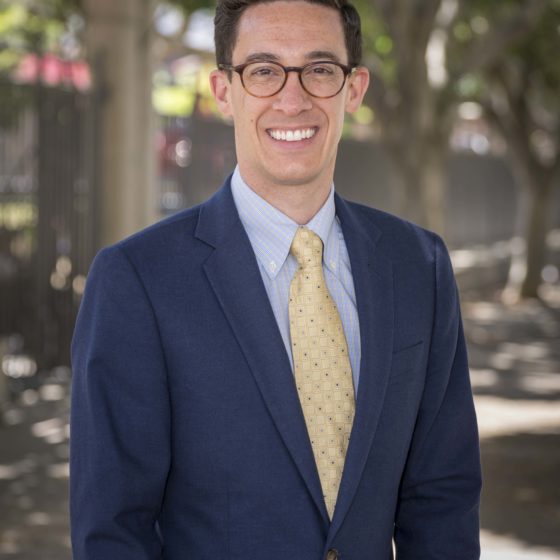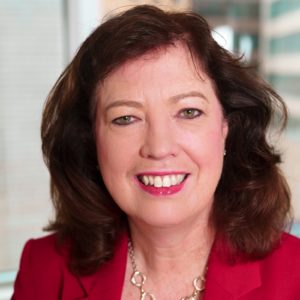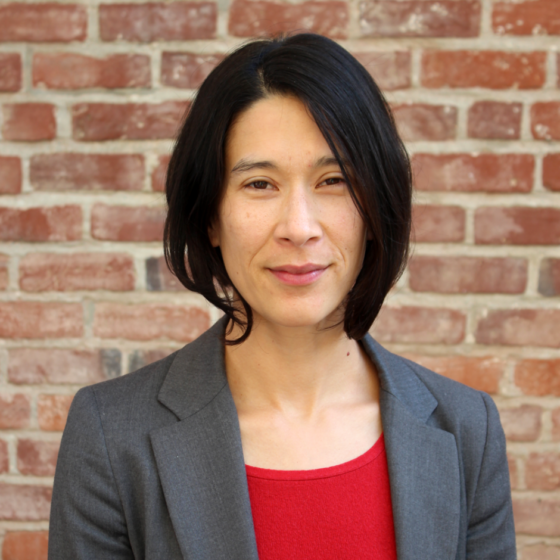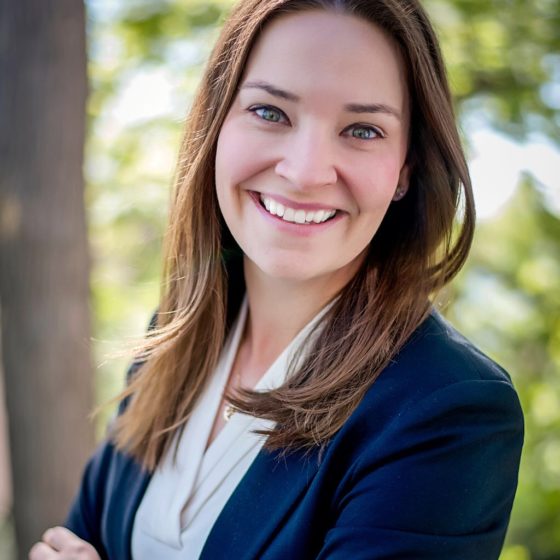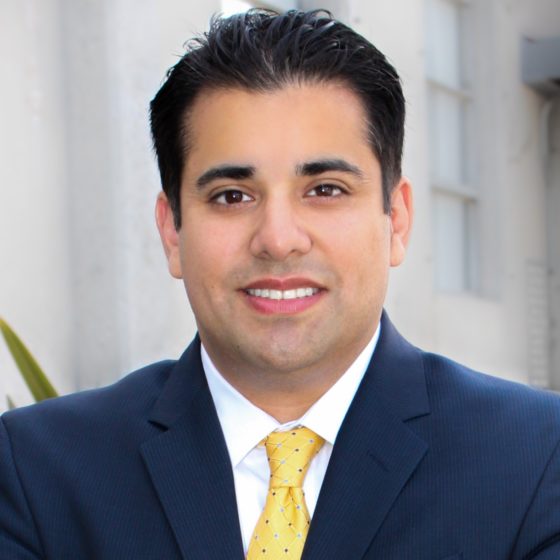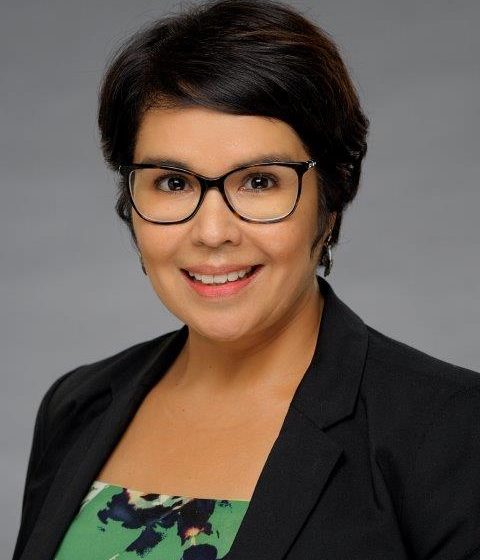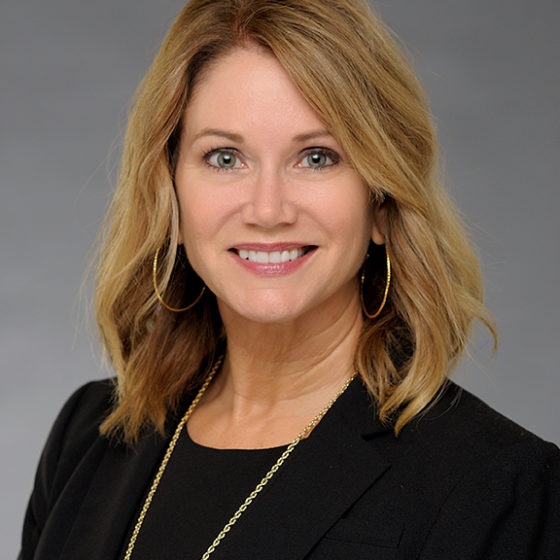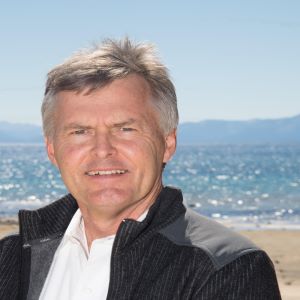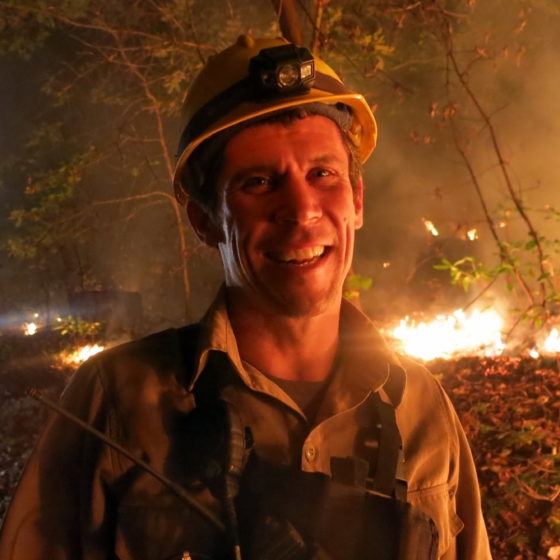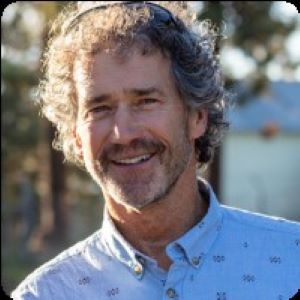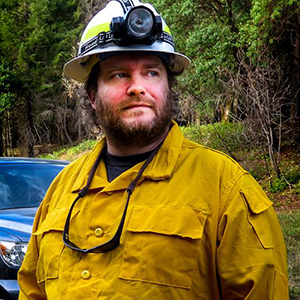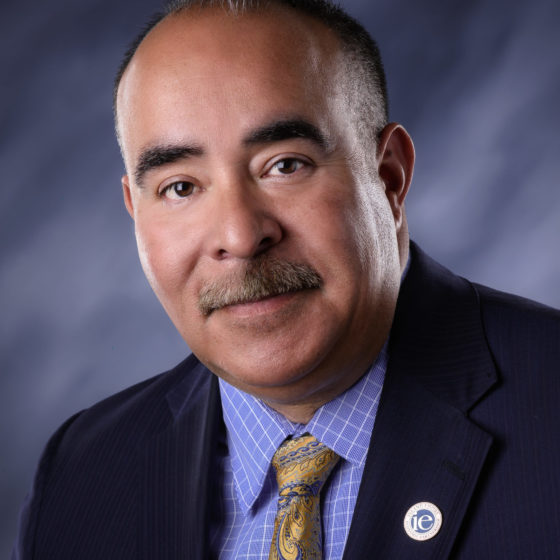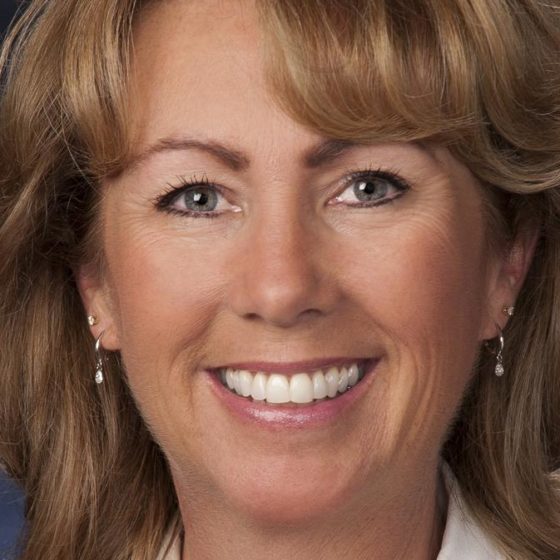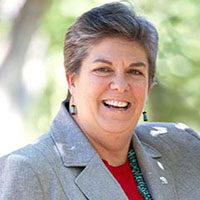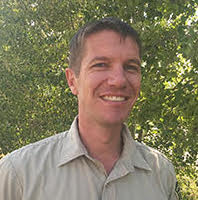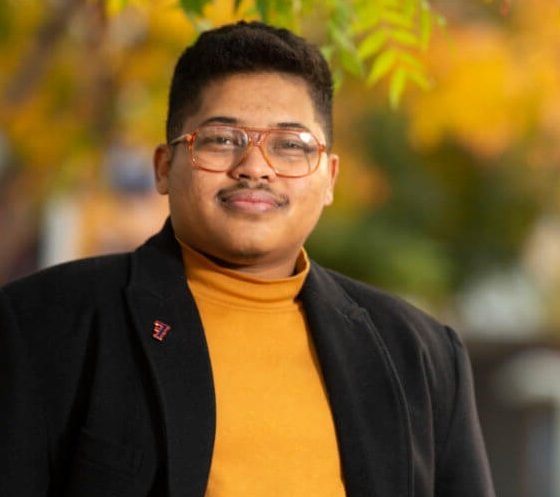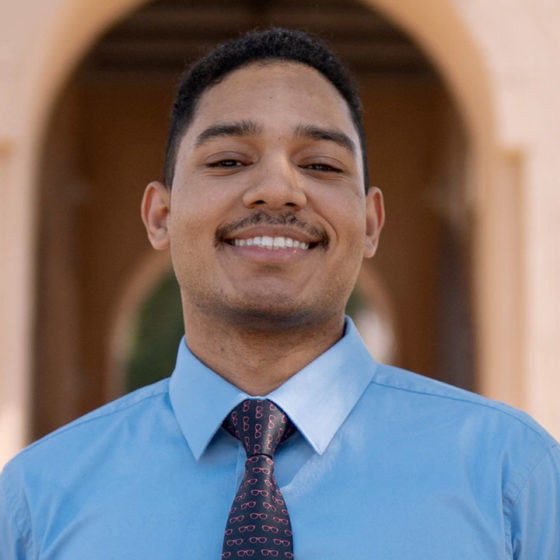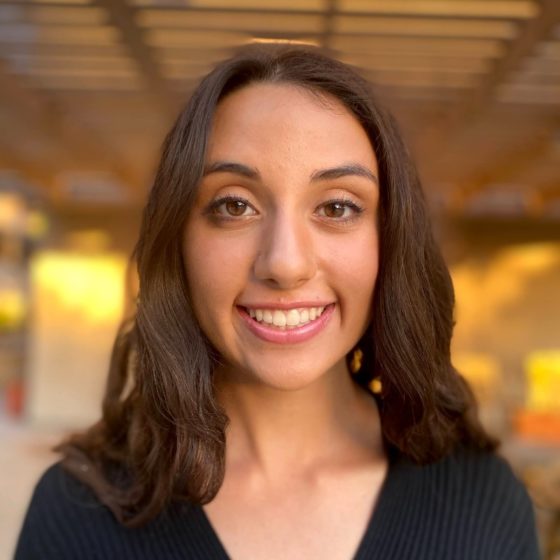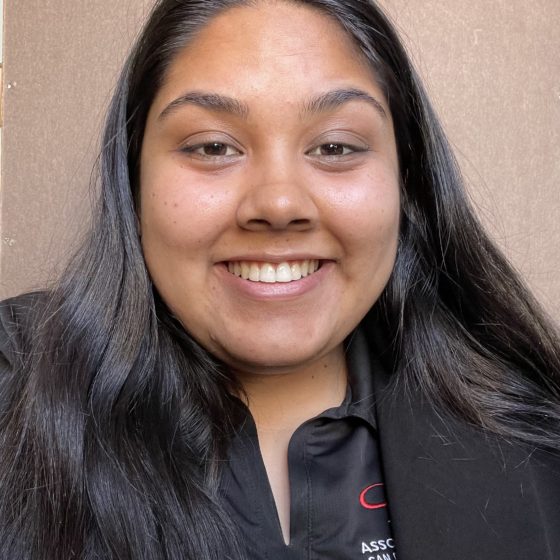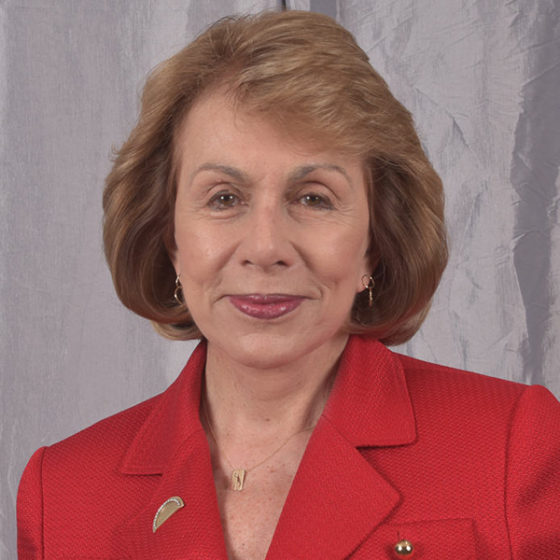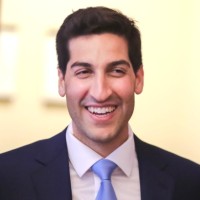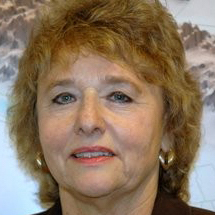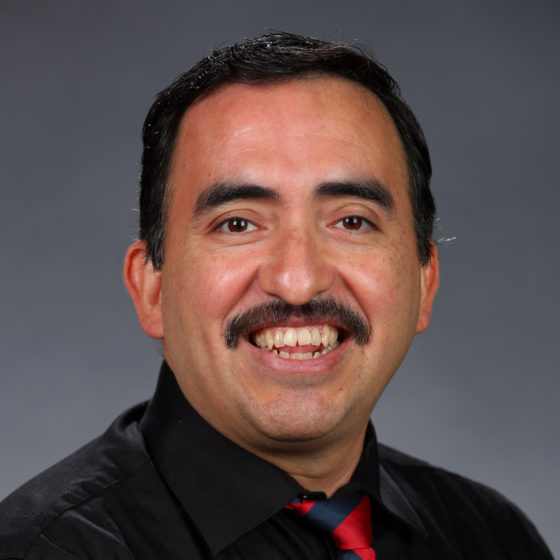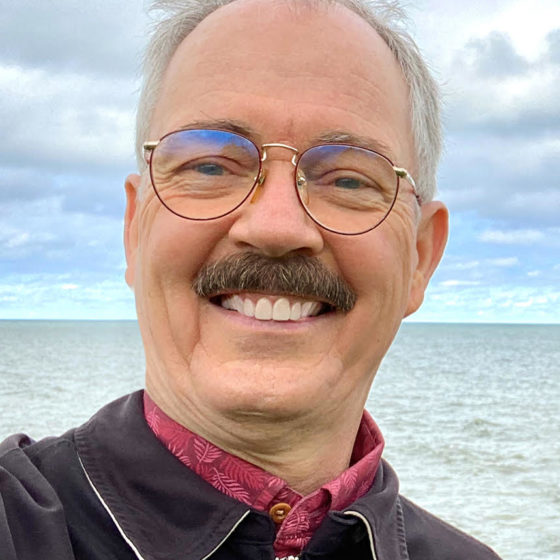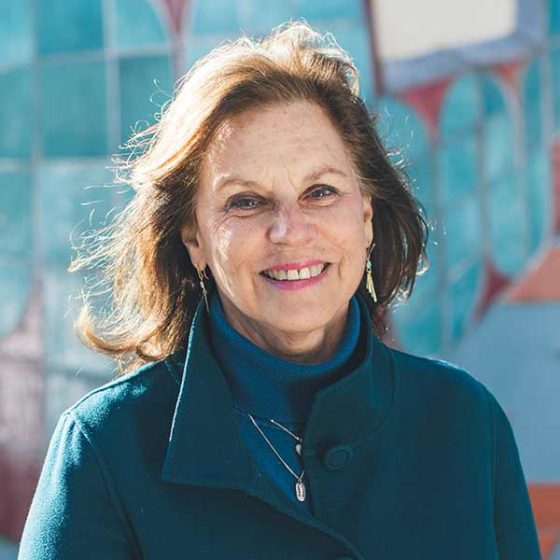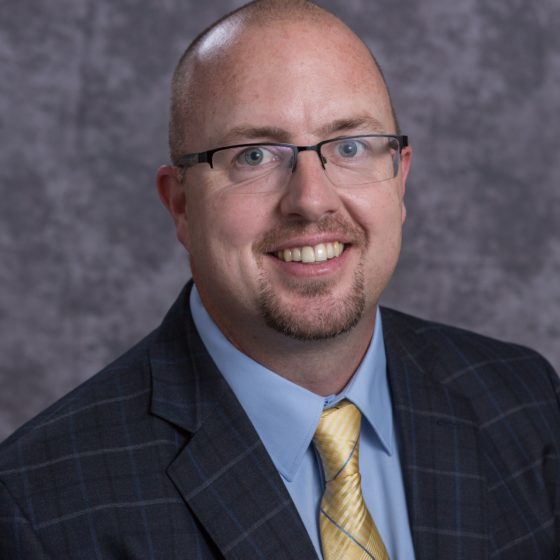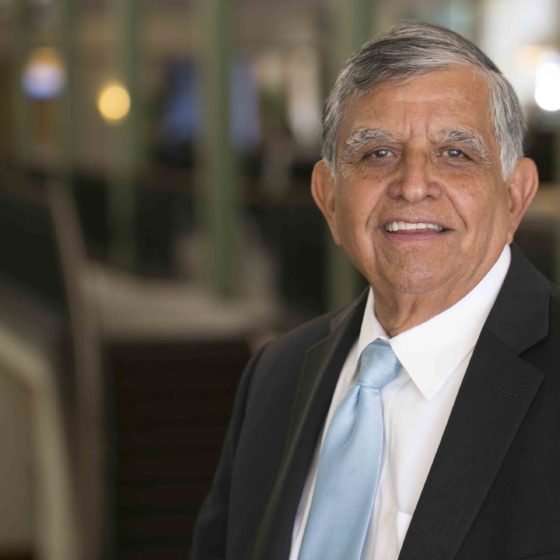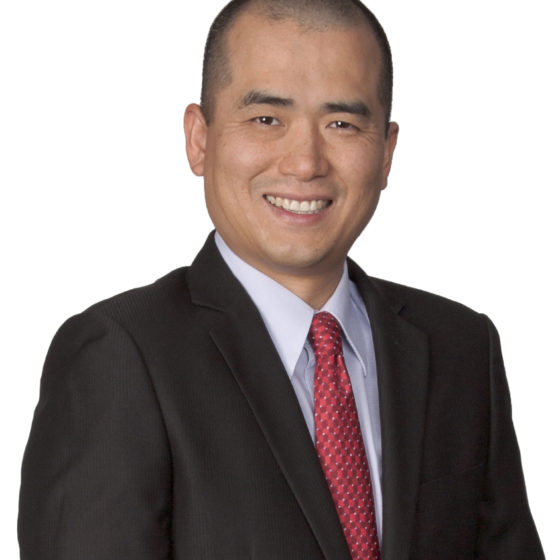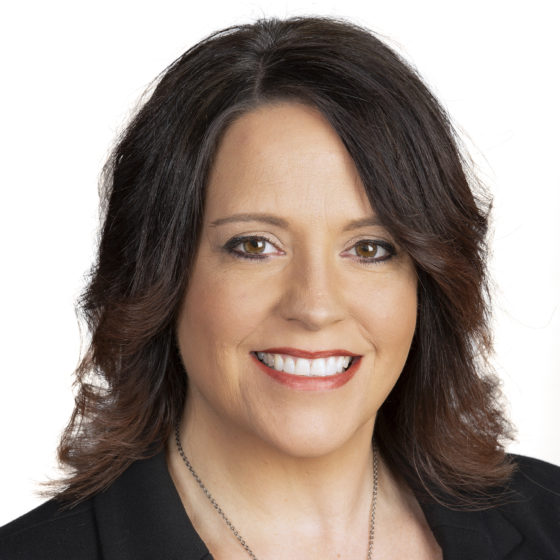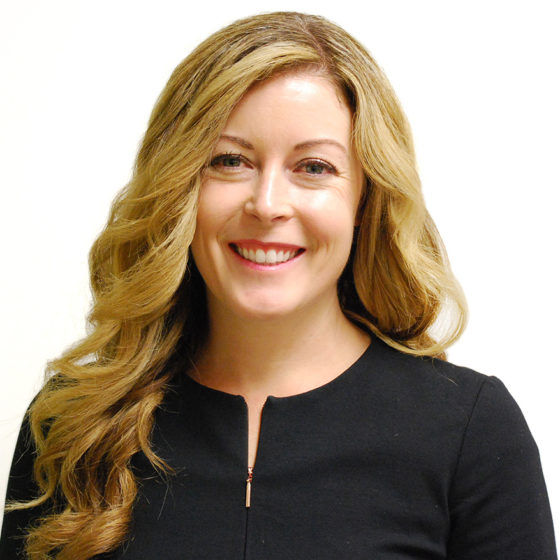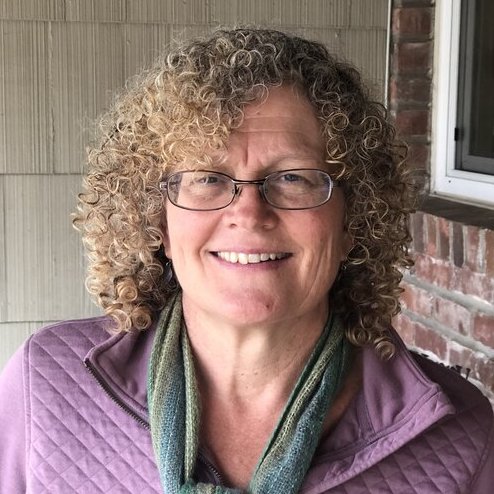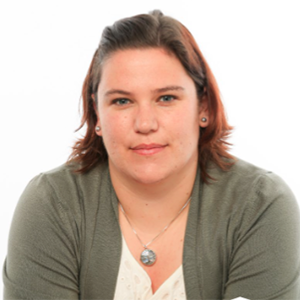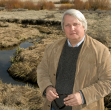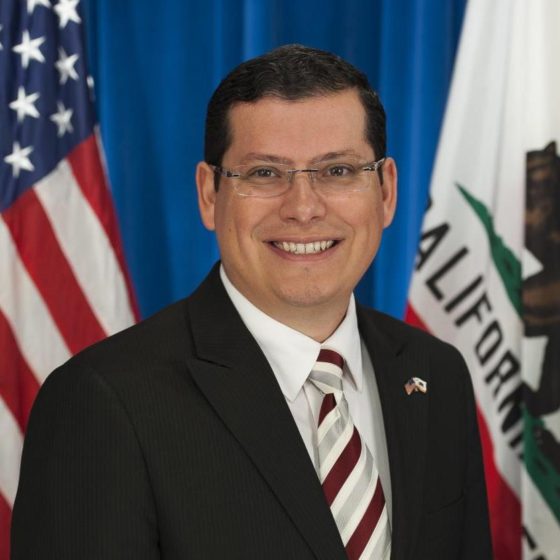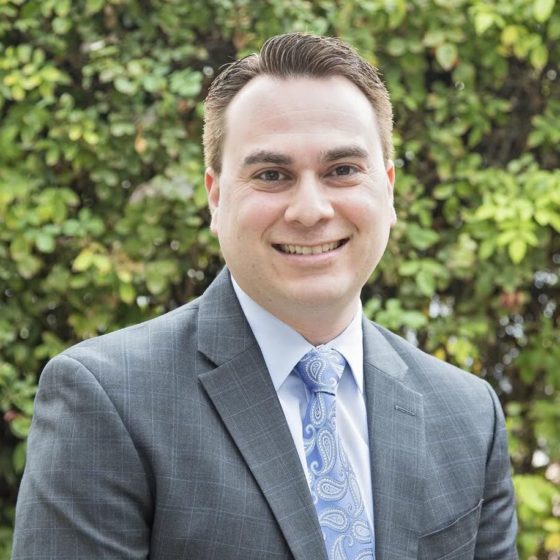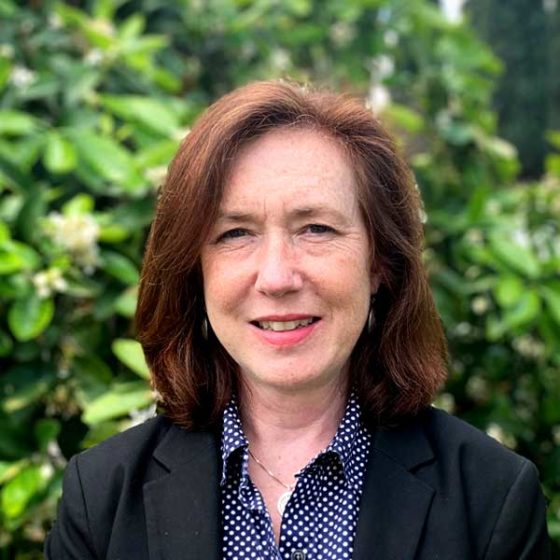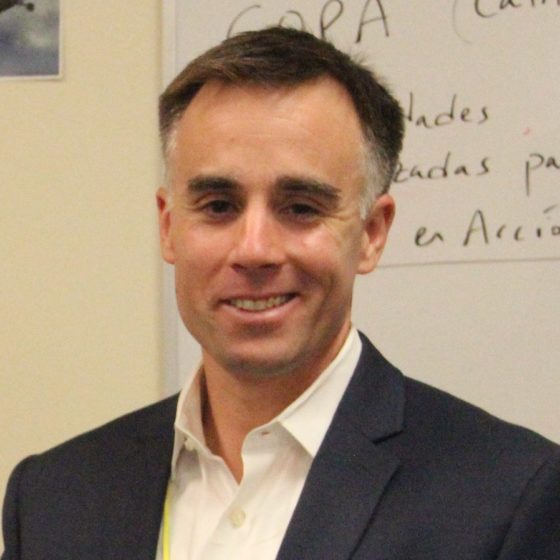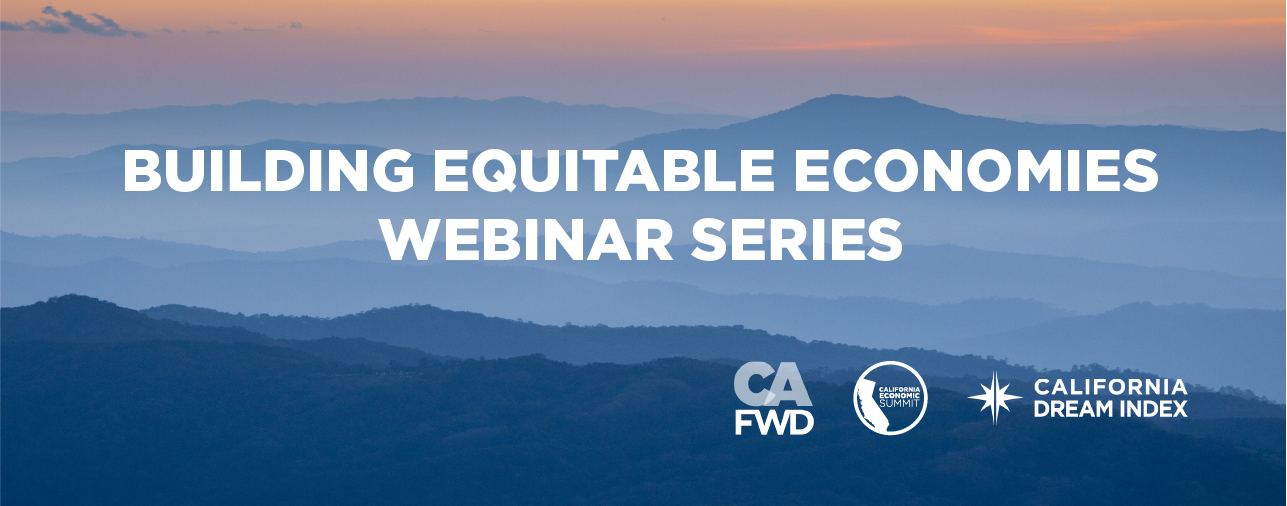
California — recognized globally for its diverse regions, an unparalleled innovation economy and stunning natural beauty — is reeling from the impacts of a disturbing and distressing past year.
How can we reimagine a California that is more equitable and resilient, where we redress the racial and economic inequities that have made the California Dream increasingly elusive for far too many?
The Building Equitable Economies Webinar Series will delve into critical issues from criminal justice, housing, climate resiliency to broadband access and youth engagement. Join us as we bring together experts for powerful conversations centered on moving the state forward through community empowerment to build more equitable economies.

The first webinar in the Building Equitable Economies series shared with attendees how to become a part of California Forward’s movement, bringing people together across communities, regions and interests to improve government and create inclusive, sustainable growth for everyone.
Watch the full webinar
FEATURED SPEAKERS
Micah Weinberg
CEO, CA FWDIsh Herrera
Director of Regional Stewardship, CA FWDJennifer Lovett
Associate Director of Public Policy, CA FWDPatrick Atwater
Senior Research Analyst, CA FWD
When California enacted the California Public Safety Realignment Act of 2011 (AB 109), in response to overcrowded prisons, it shifted the burden of incarceration from the state to the counties. But county jails were not created or equipped to hold the growing population and overcrowding moved from prisons to jails. This created budget problems and lawsuits surrounding the care and treatment of those in custody. As one former county administrator said, “we can’t build ourselves out of this problem.”
In 2014, CA FWD launched the Justice System Change Initiative to help California counties transform their criminal justice systems by using data-driven practices to improve interventions and wisely use resources. Jail Utilization studies were conducted to identify opportunities for system change.
Learn more about the findings from the jail utilization studies conducted in four counties (Merced, Riverside, San Bernardino and Santa Cruz) as well as best practices and lessons learned.
Watch the full webinar
The slide deck for this webinar can be found here.
FEATURED SPEAKERS
Scott MacDonald
Retired Probation Chief/Criminal and Juvenile Justice ConsultantUndersheriff Shannon Dicus
San Bernardino County Sheriff's DepartmentKevin O'Connell
Data and Research ConsultantJerry Gutierrez
Executive Officer, San Bernardino County Sheriff's Department
Organizing communities around building homes for people at all income levels is extraordinarily difficult work, and this effort meets different forms of resistance in different communities.
If California is to achieve its full economic potential and fulfill its promise as a place of opportunity for all, the state and a broad coalition of regional stakeholders must work together to increase housing supply across income levels and support conditions that allow all residents to live affordably in communities near their jobs.
This webinar provides a plan for a “regions up” housing agenda for the state that is built from existing initiatives that have political traction and stakeholder support. Read the full report: Regions Build Together – A Housing Agenda for All California
Watch the full webinar
The slide deck for this webinar can be found here.
Tom De Simone
President & CEO, Genesis LAEileen Fitzgerald
Head of Housing Affordability Philanthropy, Wells FargoKacey Lizon
Deputy Executive Director of Planning and Programs, Sacramento Area Council of GovernmentsAraceli Palafox
Deputy Director, Lift to RiseMolly Porter
Senior Vice President – Philanthropy Leader, Wells FargoMartin Sanchez
Vice President - Engagement Initiatives & Mortgage Outreach, Wells FargoFlor Tolley
AVP, Social Impact and Sustainability – Inland Empire, Wells FargoHeather Vaikona
President & CEO, Lift to RiseMicah Weinberg
CEO, CA FWDKären Woodruff
Vice President – Social Impact and Sustainability – Northern California, Wells FargoFOREST RESILIENCY
California’s wildfire crisis continued its destructive march in 2020, leading to the state’s largest wild fire season on record. Building on the principles of California’s Wildfire Crisis: A Call to Action, we must work to shift the state’s primary focus from reactive fire suppression and recovery to the proactive reduction of risks and restoration of resilient forests, watersheds, working landscapes, and ecosystems.

While the state is considering large investments in wildfire reduction and forest resiliency, on-the-ground projects with potential for landscape-scale restoration and community resilience are moving forward. This webinar is designed to give an overview of some of these efforts.
Watch the full webinar
The slide deck for this webinar can be found here.
FEATURED SPEAKERS
Patrick Wright
Director, Governor’s Forest Management Task ForceWill Harling
Executive Director, Mid Klamath Watershed CouncilJonathan Kusel
Executive Director, Sierra Institute for Community and EnvironmentBill Tripp
Director of Natural Resources & Environmental Policy, Karuk Tribe Dept. of Natural ResourcesJennee Kuang
Environment Program Fellow, Hewlett Foundation
While the state is considering large investments in wildfire reduction and forest resiliency, on-the-ground projects with potential for landscape-scale restoration and community resilience are moving forward. This webinar is designed to give an overview of some of these efforts.
Watch the full webinar
The slide deck for this webinar can be found here.
Paul Granillo
President & CEO, Inland Empire Economic PartnershipBarbara Hayes
Chief Economic Development Officer, Rural County Representatives of CaliforniaGlenda Humiston
VP, UC Agriculture & Natural ResourcesJason Kuiken
Stanislaus National Forest & SERAL Project LeadCole Przybyla
Director of Innovation and Business Assistance, Tuolumne County
California is home to one of the nation’s most diverse populations. However, too many Californians are not engaged in any of the state’s policymaking processes. Currently, Millennials are underrepresented and Gen Zers are unrepresented in the Legislature. The state’s representation does not mirror the population and lacks valuable input from the communities it is responsible for serving. In this webinar, our Young Leaders Advisory Council lead a discussion centered through a racial-equity lens on three topics: mental health, climate change and education.
This talented group of students and early professionals comes from all around the state, bringing their valuable diversity in experiences, perspectives and backgrounds. Although these young leaders have many individual differences, they share the same goal — to help move California forward.
Watch the full webinar
The slide deck for this webinar can be found here.
Isaac Alferos
Orange County YLAC member, Exec. Director, Black + Brown ProjectAshley Anderson
Los Angeles YLAC member, Higher Ed, Racial & Digital EquityEllinor Arzbaecher
Sacramento YLAC member, Climate Change & Environmental JusticeLawson Hardrick III
Imperial Valley YLAC member - Mental Health & Resource EquityRadha Solanki Carollo
San Diego YLAC member, Mental Health & Resource EquitySimran Jain
Sustainability Commissioner, San Diego State UniversityMaxwell Johnson
Sacramento YLAC member, Higher Ed & Workforce DevelopmentMehek Kandru
YLAC member, Mental Health & EdMichael Wiafe
Inland Empire YLAC Member, Higher Ed, Racial & Digital EquityBROADBAND FOR ALL
California is facing a digital crisis, with far too many residents left without adequate and affordable broadband service. The crisis has been exacerbated by the pandemic, as witnessed by the vast, unmet broadband needs of people of all ages seeking to engage in online learning, work at home, tele-healthcare, and remote access to employment, economic and human services. With one in eight families in California disconnected and nearly one million school-aged children with no internet connection, the lack of access is creating additional hardships during a time when connectivity is more essential than ever.

This webinar shares information on innovative on-the-ground projects that leverage public and private investments to ensure broadband for all Californians.
Watch the full webinar
The slide deck for this webinar can be found here.
Sunne Wright McPeak
President and CEO, California Emerging Technology FundJohn Chiang
Former California State Treasurer, CA FWD Leadership Council Co-ChairMarc Powell
Senior Managing Director and Strategy Leader, Ernst & Young Infrastructure Advisors, LLC.Michael Henry Misrahi
Partner/Principal, M&A and Strategy Consulting, Ernst & Young ParthenonJehan Thind
CFA Senior, Vice President, Ernst & Young Infrastructure Advisors, LLC
This webinar shares information innovative on-the-ground projects where local governments are forging new solutions to improve access for residents.
Watch the full webinar
The slide deck for this webinar can be found here.
Cole Przybyla
Director of Innovation and Business Assistance, Tuolumne CountyJacki Bacharach
Executive Director, South Bay Cities Council of GovernmentsEduardo Gonzalez
Interim Executive Director, Office of Community and Economic Development, California State University, Fresno
This webinar shares stories about innovative solutions spearheaded by internet service providers to expand the digital highway and bring broadband access to all Californians.
Watch the full video
The slide deck for this webinar can be found here.
John Paul
Chief Business Development Officer, Spiral FiberKome Ajise
Executive Director, Southern California Council of GovernmentsTrish Kelly
Managing Director, Valley VisionDoug Patterson
Regional Director, Crown Castle
California’s commitment to racial justice and economic inclusion are meaningless without dramatic changes that make homeownership a possibility for marginalized racial and economic communities.
The primary mechanism for achieving this will be building more homes that are affordable by design. Currently, new homes built in California cost more than double the national average. Complex regulations create uncertainty and delays that dramatically increase the price of new housing projects. Further cities and other municipalities have become more reliant on local impact fees, pushing prices up further.
A policy brief released by CA FWD with support from the Chan Zuckerberg Initiative, “Building Racial and Economic Equity Through Home Ownership,” outlines how communities of color have historically been left behind in home ownership, how it affects their everyday lives, and what can be done to make home ownership more equitable.
This webinar provides an overview of the dramatic racial wealth gap, the consequences of that gap for home ownership and current policies that might be reformed to build more homes that are affordable by design.
Watch the full webinar
The slide deck for this webinar can be found here.
Ruby Bolaria Shifrin
Director of Housing Affordability, Chan Zuckerberg InitiativeJohn Gamboa
President, California Community BuildersAshley Garner
Community Outreach Coordinator, California Housing Finance AgencyTimothy Hsu
Director of Homeownership, California Housing Finance AgencyKathy Phillips
Director of Marketing & Communications, California Housing Finance AgencyPatrick Atwater
Senior Research Analyst, CA FWDSupport Provided By:


California is a world leader in responding to climate change by setting goals to curb emissions and transition to less carbon-intensive energy sources. The state has been a pioneer in advancing technologies and supporting efforts in response to climate adaptation. These efforts directly influence how we build, where we work and where we live. Recent actions, like Governor Gavin Newsom’s Executive Order requiring sales of all new passenger vehicles to be zero-emission by 2035, underscore the urgency and the need to make sure all communities have equal access to a more sustainable climate-resilient future.
Watch this webinar to learn how regional, state, and emerging leaders are integrating efforts to develop a powerful strategy for collective action to address climate change and the state’s energy needs from a triple-bottom-line perspective.
Watch the full webinar
The slide deck for this webinar can be found here.
Nuin-Tara Key
Deputy Director of Climate Resilience, Governor’s Office of Planning and ResearchKate Meis Wright
Executive Director, Local Government CommissionRachel Couch
Chair, Alliance of Regional Collaboratives for Climate AdaptationCatherine Foster
Project Manager for Climate & Energy, Local Government CommissionRadha Solanki Carollo
San Diego YLAC member, Mental Health & Resource EquitySimran Jain
Sustainability Commissioner, San Diego State UniversityEllinor Arzbaecher
Sacramento YLAC member, Climate Change & Environmental JusticeSteve Frisch
President, Sierra Business Council
The Equitable Economies series has focused on different aspects of inclusive sustainable development that fulfills the triple bottom line, balancing equity, environmental sustainability, and economic growth. This webinar will focus on the efforts happening in regions throughout the state.
The framework for these efforts was developed by the California Economic Summit and is based on the initial success of the regional development efforts of Fresno’s DRIVE Initiative and the Inland Empire’s IEGO. The framework stresses interconnectivity and collaboration among its diverse and cross-sector partners and seeks to leverage a region’s assets to help address its greatest challenges whether it be in workforce, climate change, housing, transportation, education, etc. The goal is to foster economic prosperity and to promote innovative solutions. Much interest and support has grown in the North State, Kern County, Southeast Los Angeles, the Sacramento region, and in the Northern San Joaquin Valley to create a more comprehensive, strategic and inclusive priority setting process.
AB 106, legislation to create the Regions Rise Grant Program, introduced by Assemblymember Salas, will advance comprehensive regional strategies for the rebuilding of regional economies in a more equitable, inclusive and sustainable manner. The program seeks to ensure that disadvantaged communities and communities of color are fully included in decision-making processes around key issues impacting regional economic prosperity.
Watch this call to action to confront economic, racial and geographic inequities as we rebuild stronger economies.

